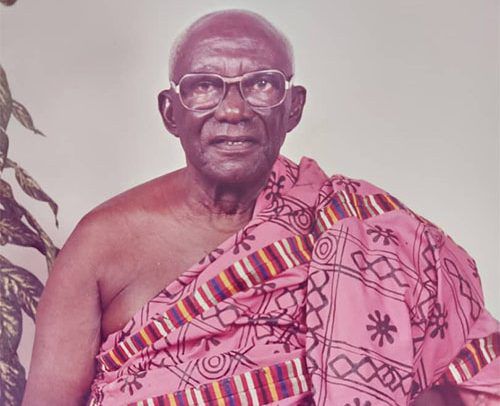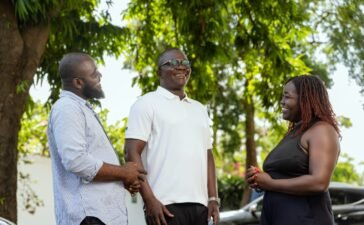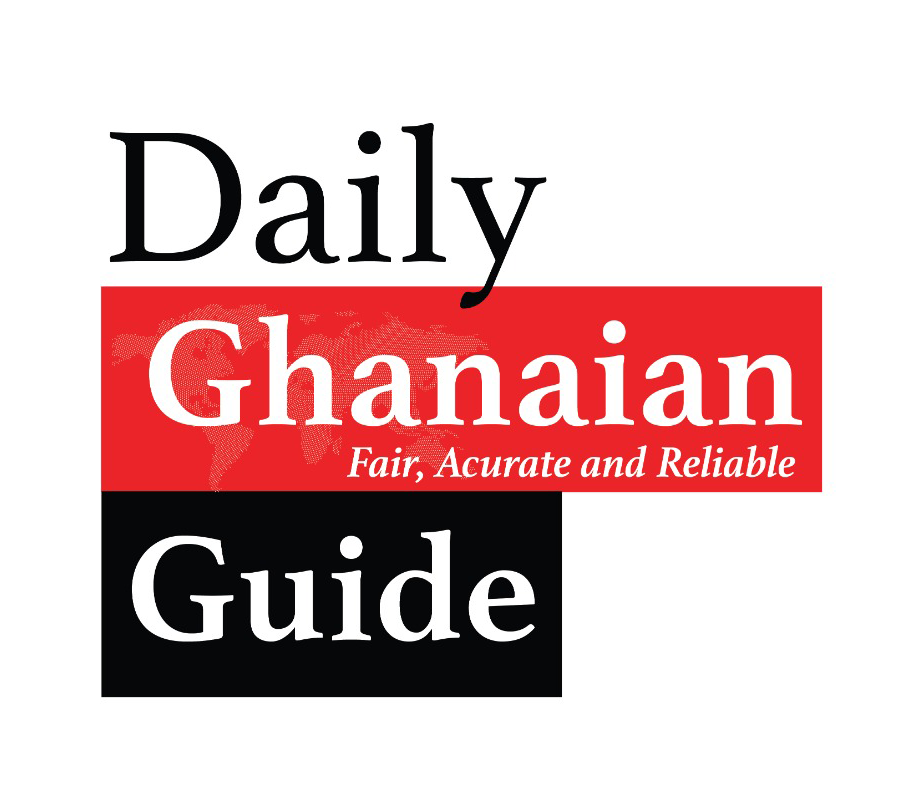We have come across two different narratives on the history of the UP tradition and we deem it necessary for the clarification of the many distortions they each contain. One is by the Deputy Majority Chief Whip, Hon. Habib Iddrisu and another by an anonymous writer titled “Complete Distortion of History”.
It is worthy to note that, the United Gold Coast Convention (UGCC) and the Ghana Congress Party (GCP) had both not fared well in their respective general elections; 1951 and 1954. It therefore led to the disband of the two parties respectively and consequentially, because, they respectively could not provide a solid and hopeful opposition to the Kwame Nkrumah led CPP government.
The UGCC led by Dr. J.B Danquah in the 1951 elections won only two (2) seats against the thirty-four (34) seats of the Convention People’s Party (CPP). Combined, the opposition parties bagged a popular vote of 6,337 representing 10.22% against 59,535 of the CPP representing 89.78%.
Dr. K.A Busia was the founder and leader of the GCP, it was formed in May 1952 and S.D Dombo was the leader of the Northern Peoples Party (NPP), it was formed in 1954. After the 1954 general elections; out of the 6 political parties that contested, GCP recorded 1 seat and a popular vote of 32,168 (4.55%), Northern People Party recorded 15 seats and a popular vote of 68,709 (9.72%) and CPP recorded 72 seats and a popular vote of 391,817 (55.44%).
The founder and leader of NLM was Okyeame Baffuor Akoto. It was formed on 19th September, 1954, when over 40,000 people led by Okyeame Baffuor Akoto gathered at the source of the sacred Subin River in Kumase, the capital of the historic Asante empire for the inauguration of the party through a rally, pouring of libation and a slaughtering of a sheep. It is instructive to note that, during the planning and formation of NLM, neither Busia, Danquah nor the elite class had a hand in it. They all requested to join after the inauguration and other events of the party turned out to be highly successful; the rally was given a huge publication by The Pioneer due to its success.
The NLM was commenced with a seed income of Okyeame Baffuor Akoto. There is no other founder and leader of NLM apart from Okyeame Baffuor Akoto. The likes of K.A Busia, Victor Owusu, R.R Amponsah, Joe Appiah, J.B Danquah, among others were all accepted by Okyeame Baffuor Akoto into the party after they realized that the NLM would serve as a more formidable opposition to the CPP due to the financial, traditional and social influence of Baffuor Akoto. Despite Okyeame Baffuor Akoto being the founder and leader of NLM, he didn’t contest in the 1956 elections due to his position as the Chief Linquist of the Asantehene. K.A Busia who contested on the ticket of Baffuor Akoto’s party, NLM was made the leader of parliament for the opposition parties by Baffuor Akoto after negotiations between Okyeame Baffuor Akoto and S.D Dombo concluded on it.
Eight months after the inauguration of NLM, on May 30, 1955, John Baidoo, the CPP member of the Legislative Assembly for Atwima-Nwabiagya Constituency, was killed in a car accident. The event therefore presented itself as an opportunity for the NLM to assess its political influence on the national terrain through a by-election. The NLM presented B. F. Kusi and the CPP presented B.K Kuffuor. Due to the fierce nature of the contest, the entire CPP bigwigs including Kwame Nkrumah, Kofi Botsio, among others, moved to Nkawie to campaign. The CPP, as well, employed all the political machinations to foster for a victory, yet, on 15 July, 1955, B.F. Kusi won a resounding victory over the CPP’s B. K. Kufuor; polling 3,998 votes to Kufuor’s 1,758. This victory therefore presented and positioned NLM as the most formidable opposition and best possibility for a successful challenge to Nkrumah’s government within the existing constitutional framework.
In a public message to Nkrumah after the by-election victory, Baffuor Akoto summarized the Executive’s new-found faith in its electoral abilities: “My supporters and I have won our first victory, the forerunners of many more and crushing victories. We have defeated you and your supporters and will continue to defeat you whenever…” This singular speech which was widely published underscores who was the founder and leader of the NLM.
The first general elections contested by the NLM was the 1956 elections. Out of the about 6 political parties that contested, CPP recorded 71 seats and a popular vote of 398,141 (57.10%), Northern Peoples Party recorded 14 seats and a popular vote of 72,440 (10.39%) and NLM recorded 13 seats and a popular vote of 145,657 (20.89%). From a comparative analysis of the above statistics, it proved that, after the 1956 elections, the NLM was the most formidable opposition to the CPP as rightly predicted by most political pundits after its inauguration. NLM had a support base twice that of the Northern People’s Party and only a seat less than it.
The Avoidance of Discrimination Bill was presented to the Assembly on December 9, 1957. In anticipation of the passage of the Bill, the opposition parties under the chairmanship of Okyeame Baffuor Akoto agreed to fuse into a single party called the United Party (U. P). On 3rd November, 1957, the United Party was inaugurated in Bukuom Square. In fact, members of the Northern People Party, which was the second most formidable political party after NLM per popular vote, among the other smaller political parties, agreed to join the coalition because of the financial, traditional, political and social influence of Okyeame Baffuor Akoto. Note: Days before the inauguration of the NLM, the leader of the Muslim Association Party (MAP), Bankole Awooner-Renner spoke to a large crowd in Kumase, declaring that NLM had the full support of his party: “The Kotokos had now arisen to join Islam to fight the common foe. We want to assure the Kotokos that whether it rains or snows, shines or otherwise, we shall stand firmly by your side”.
Due to CPP’s frantic efforts to consolidate power, by the time the Republic of Ghana was inaugurated on 1st July, 1960, only four Northerners from the Northern People’s Party; S. D. Dombo from Jirapa-Lambussie, Abayifaa Karbo from Lawra-Nandom, Jato Kaleo from Wala South and B. K. Adama from Wala North, resisted Nkrumah’s pressure and remained in UP and on the non-government benches in the National Assembly. All the four hailed from the North-West (Upper West Region). The rest all crossed carpet to join the CPP.
Baffuor Akoto’s NLM continued to remain the nucleus and anchor of the UP, and held its fortress until the Tradition under Progress Party (PP) won power in 1969.
In furtherance, while Okyeame Baffuor Akoto, S.D Dombo and JB Danquah suffered jail terms for their resistance of Kwame Nkrumah’s oppression, Busia went into exile while the likes of Alhaji Mumuni Bawumia, J.A Braimah, among other party giants crossed over and enjoyed heartily under Nkrumah’s government.
The above facts therefore find it erroneous when any talks about the UP tradition and totally downplays the significance of the key personality, Okyeame Baffuor Akoto at the centre of the formation, sustenance and existence of the tradition.
Dr. Mohammed Jabir Janda
Source:asantemanweb






